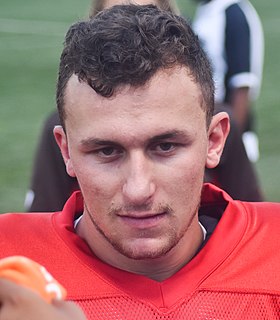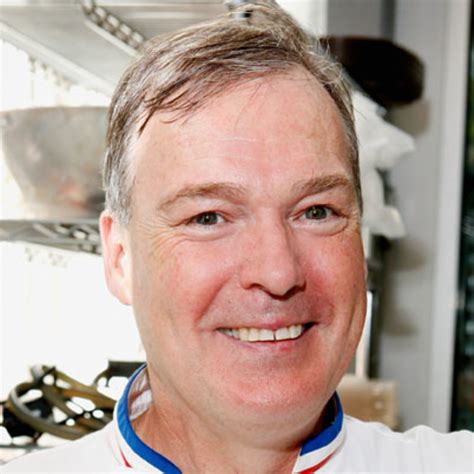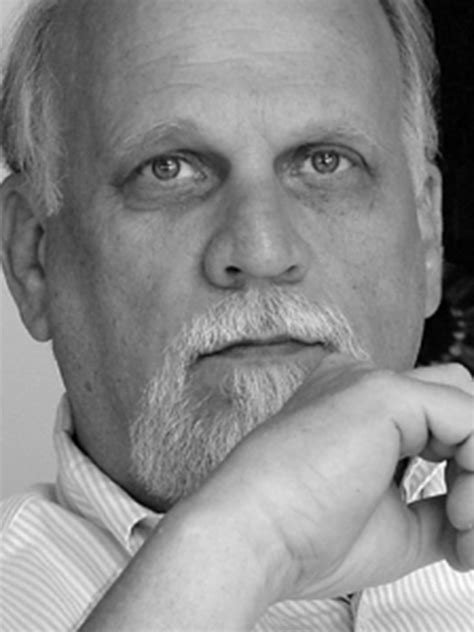A Quote by Michael Chabon
When I finish a first draft, it's always just as much of a mess as it's always been. I still make the same mistakes every time.
Related Quotes
With Ibrahim al-Koni, what I figured out was - and you'll see this in his novels - if your time is limited, make the unit of the chapters small so that you can finish one a day, at least in the first draft. Once you have the first draft it's living, and you can coax it to grow and trim it and reshape it and so on. But get that first draft. I think if I'd gone to an MFA program and learned that, it would have been money well spent. But translation has been that for me.
After finishing the first draft, I work for as long as it takes (for two or three weeks, most often) to rework that first draft on a computer. Usually that involves expansion: filling in and adding to, but trying not to lose the spontaneous, direct sound. I use that first draft as a touchstone to make sure everything else in that section has the same sound, the same tone and impression of spontaneity.
The best advice on writing was given to me by my first editor, Michael Korda, of Simon and Schuster, while writing my first book. 'Finish your first draft and then we'll talk,' he said. It took me a long time to realize how good the advice was. Even if you write it wrong, write and finish your first draft. Only then, when you have a flawed whole, do you know what you have to fix.
A computer is a wonderful and friendly machine, because it's always just a little better than you are. You're always a little bit behind, but it stays right there with you anyway. It allows you to make the mistakes, and then to try to find out what the mistakes are, and then to repair the mistakes. It's always your friend. It quits on you, but it doesn't leave the apartment.
Almost all good writing begins with terrible first efforts. You need to start somewhere. Start by getting something-anything-down on paper. A friend of mine says that the first draft is the down draft-you just get it down. The second draft is the up draft-you fix it up. You try to say what you have to say more accurately. And the third draft is the dental draft, where you check every tooth, to see if it's loose or cramped or decayed, or even, God help us, healthy.
I've always looked at people like Carine Roitfeld, Donatella Versace, DVF...people who when you walk on a set you feel like they still have so much excitement for what they're doing every day and they just have so much youth even though they've been doing it for so long. Every day just working to keep a young spirit - because even when you're young that's hard to do, because you get so caught up in things. I just think it's so important to make an effort every day to have a young spirit. Then when you get older, you always kind of keep that.







































